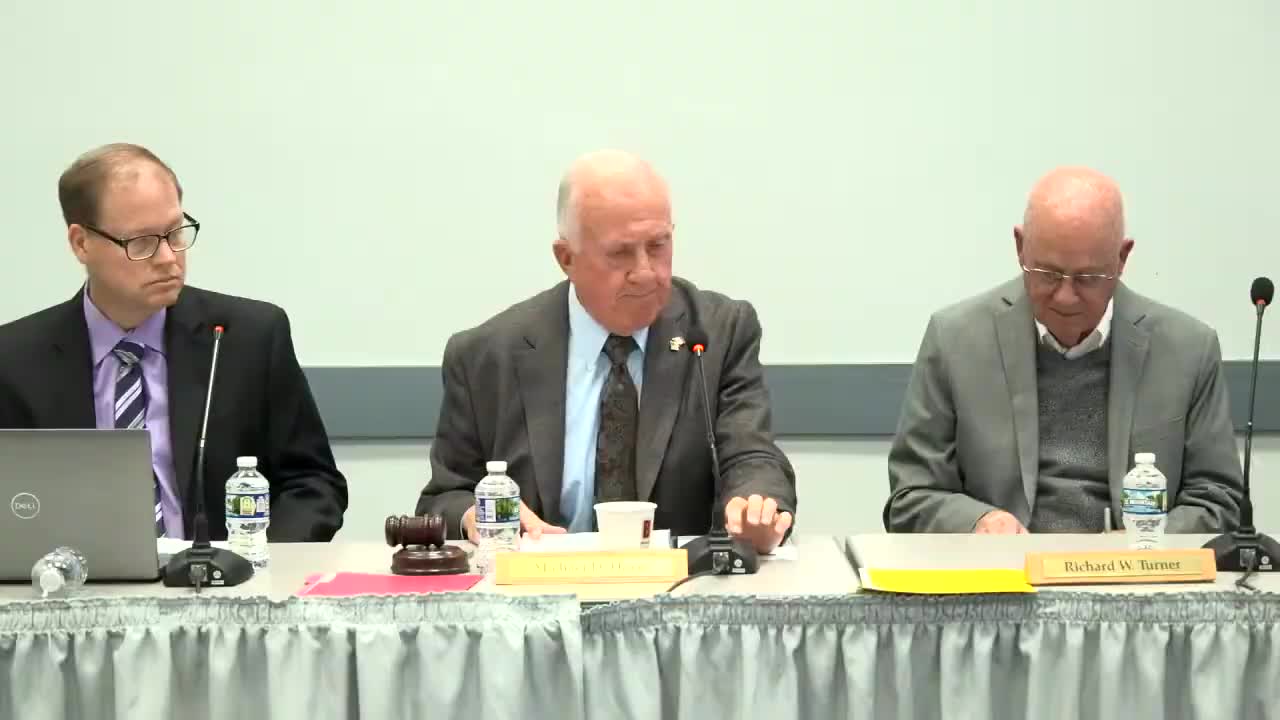MDOT tribal liaison summarizes Section 106 work, portal and intergovernmental summit plans
Get AI-powered insights, summaries, and transcripts
Subscribe
Summary
Amy Matasoff, MDOT deputy director and acting tribal liaison, presented the tribal affairs annual report, highlighted Section 106 programmatic agreement work with FHWA, a live tribal coordination portal, interpretive signage at the Gordie Howe International Bridge plaza, partnerships with United Tribes of Michigan and Little Traverse Bay Bands of
Amy Matasoff, deputy director of public affairs for policy and government relations and MDOT's acting tribal liaison, presented the department's tribal affairs annual report and described work over the past year to improve consultation and coordination with the 12 tribal nations in Michigan.
Matasoff opened by observing November as Native American Heritage Month and played a short video describing tribal sovereignty and government structures. She told commissioners that MDOT's tribal affairs work is grounded in federal and state obligations, naming the Section 106 portion of the National Historic Preservation Act as a key requirement that FHWA and MDOT implement through programmatic agreements.
Highlights Matasoff described include a 2022 update of the FHWA'MDOT programmatic agreement on Section 106 work, a newly live tribal coordination portal that allows tribes to comment confidentially on projects and Section 106 concerns, and regional coordination through MDOT's TSC regional staff. She described partnerships with the United Tribes of Michigan and the Little Traverse Bay Bands of Odawa Indians and said MDOT created interpretive signage for the Gordie Howe International Bridge welcome center and plaza to reflect tribal history of the Detroit river corridor.
Looking ahead, Matasoff said MDOT will plan an intergovernmental summit in 2026 with FHWA, the Bureau of Indian Affairs, local MPOs, all 12 tribal nations and other stakeholders; the department will also align tribal affairs guidelines with an updated MDOT strategic plan and continue internal education so staff appropriately navigate coordination with sovereign tribal governments. She closed her remarks by saying, "miigwech," the Ojibwe word for thank you.
Authorities and legal context: The presentation referenced Section 106 of the National Historic Preservation Act, the Federal Highway Administration's role in tribal consultation and a 2019 governor's executive directive that strengthened how state departments work with tribal governments. Matasoff noted MDOT updated its tribal affairs policy earlier in 2025.
